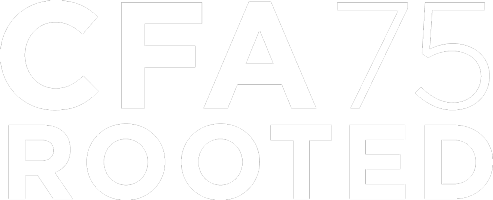By Emina Tatarevic
Starting college is liberating and exciting, you finally get that “I made it!” feeling once you step on campus. However, navigating class schedules, policies and procedures, and general education requirements can be overwhelming. To aid students in deciphering these difficulties, the Mandatory Advising Program simplifies the processes so students gain confidence in their individual paths to success.
These key appointments ensure that students know what purpose advisors serve and how to make appointments, educate on how to generate and interpret Degree Audits, help students understand the purpose of General Education requirements, and provide a space in which students learn to build schedules that are consistent with the degree and their interests. Additionally, advisors can be sources of information on involvement and internship opportunities. First Year and Second Year Milestone Advising benchmarks establish connections between students and a support system of advisors. These early interactions often lead to higher degree completion rates, exposure to various diverse campus resources, and assist in overall student success.
From major and class selection to graduation and personal goal guidance, academic advisors serve meaningful roles in a student’s progress through their university experience. For Taylor Williamson, a photography major in the Department of Art & Art History, her mandatory advising experience was especially impactful and helped her in determining “academic and personal goals” after transferring to The U. Taylor recommends meeting with the College of Fine Arts (CFA) advisors because of their goal in working with students to “make your college years efficient and go more smoothly.”
The CFA advising team is a common source for students to find other resources on campus. The ASUU Tutoring Center, LGBT Resource Center and Center for Disability Services are just a few of the resources that advisors may refer to depending on a student’s needs. Art History major Kiki Karahalios has had success with the Career and Professional Development Center (CPDC) and recommends students to explore their services because “along with traditional appointments, the center takes walk-ins for brief questions, as well as alternative appointments (Skype, phone, and email) for busy students.” The CPDC assists students in resume and cover letter writing, interviews, and post-graduation exploration of career paths or graduate school. Kiki’s positive experience also extends to their website where students can find additional information and support. Another service available to students is the Counseling Center, a confidential source that provides classes, workshops, and individual counseling to students at a sliding scale. Colleen Barnes, a Ballet major, suggests visiting their office due to the obstacles associated with student life, she adds that “we’re all processing a lot and there’s always so much going on, this is a rigorous school and it’s a great resource.”
Mandatory Advising opportunities are one of the ways students can receive early guidance and learn about ways to engage with the resources available to them on campus. These milestones positively impact students’ ambitions for creating and achieving success, both during their time at the university and beyond.
If you’re a student majoring in the College of Fine Arts, you can find more information about First Year and Second Year Milestone Advising, learn about the advising team, and make an appointment here.



